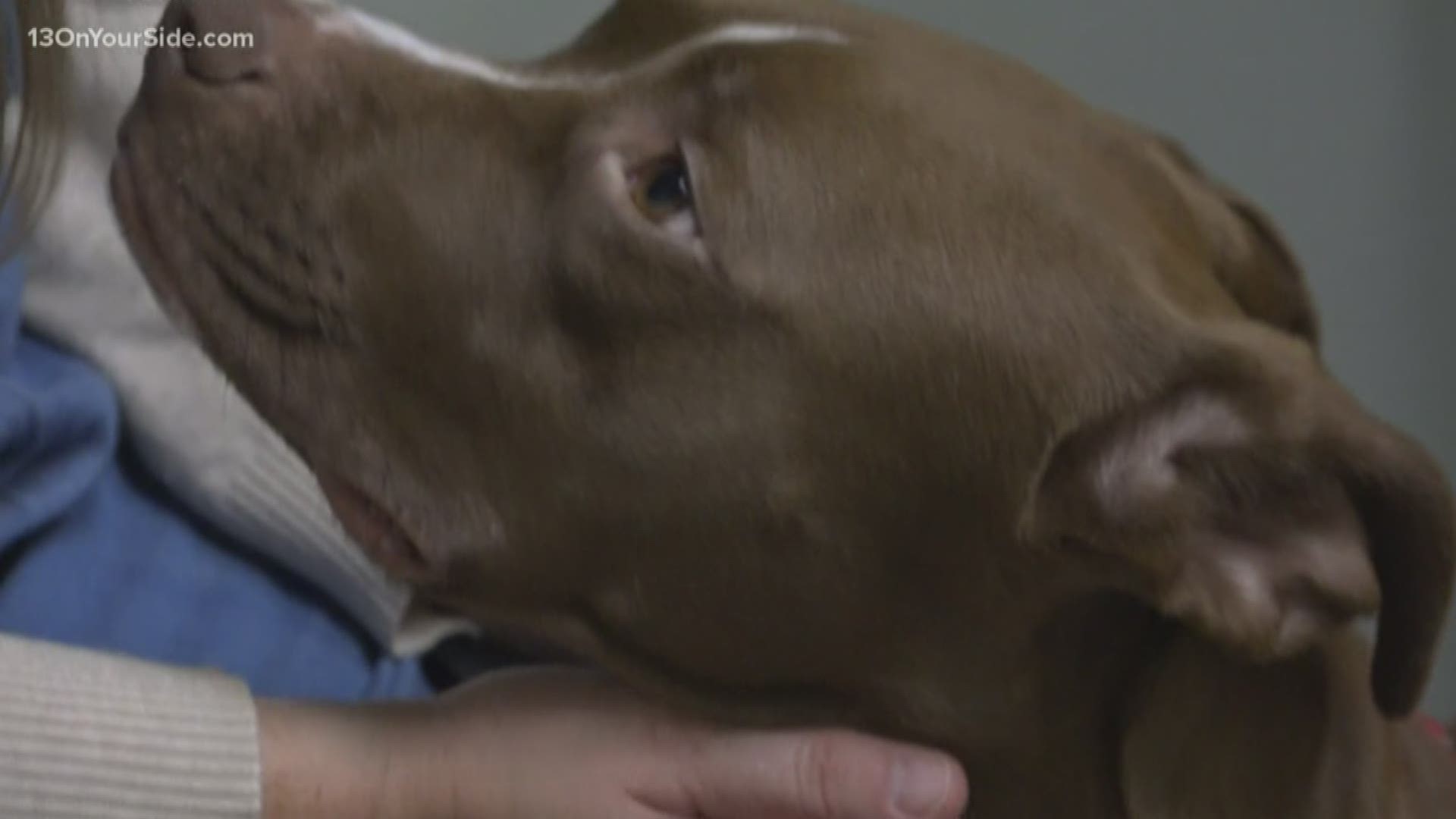LANSING, Mich. — Michigan health officials announced Friday that 14 counties would be sprayed for mosquitoes in the fight against Eastern Equine Encephalitis.
Kalamazoo County has the highest number of incidences of EEE—one of the most dangerous mosquito-borne diseases—with that rate increasing over the weekend. However, county officials said enough residents in Kalamazoo County opted out, so the state will not be spraying there.
Residents could send an opt-out notification to the state on Friday, and enough people in the county do so, which means spraying will no longer be effective. Officials said residents might see planes in the area, but they are just heading to neighboring areas.
"Despite the distribution of known human and animal cases, Kalamazoo County will be unable to continue with the aerial spraying plan," county officials said on Monday.
Saturday, the Kalamazoo County Health and Community Services Department learned of a deer that tested positive for EEE. They said the deer was likely infected during the month of September.
In Kalamazoo County, there have been three human cases—one of which was fatal. And there have been seven animal infections. Across the state, there have been nine human cases and 30 animal cases.
“Due to the large amount of residents who have chosen to exercise their option to opt out under the MDARD law, aerial application of insecticide will no longer be an effective treatment option for Kalamazoo County.” said James Rutherford, Health Officer Kalamazoo County Health & Community Services.
There is no human vaccine for EEE, and it is fatal 33% of the time.
"The risk of EEE infection in Kalamazoo County remains ongoing until the first hard frost," Kalamazoo County said in a release on Sunday.
The Michigan Department of Health and Human Services planned to start aerial spraying at 8 p.m. on Sunday, but that was delayed because of the weather. The spraying is scheduled to start in some areas Monday night.
Only portions of Berrien County, Cass County and St. Joseph County are still set to be sprayed on Sunday. Other areas of Kalamazoo County will be sprayed. State health officials are providing updates on the spraying schedule at Michigan.gov/eee.
“Aerial treatment is being conducted because this disease represents an emergent threat to Michigan’s public health, and public health authorities must take decisive action to protect Michiganders,” said Dr. Joneigh Khaldun, MDHHS chief medical executive and chief deputy for health. “In the last few days we have confirmed three new EEE cases in animals and two of those were in counties not previously affected by this deadly virus.”
A deer tested positively for EEE in Allegan County on Saturday.
MDHHS said aerial spraying is considered necessary to reduce the risk, residents should still take precautions to protect themselves from infection.
- Avoid being outdoors from dusk to dawn when mosquitos that carry the EEE virus are most active.
- Applying insect repellents that contain the active ingredient DEET, or other U.S. Environmental Protection Agency-registered product to exposed skin or clothing, and always follow the manufacturer’s directions for use.
- Wearing long-sleeved shirts and long pants when outdoors. Apply insect repellent to clothing to help prevent bites.
- Maintaining window and door screening to help keep mosquitoes outside.
- Emptying water from mosquito breeding sites around the home, such as buckets, unused kiddie pools, old tires or similar sites where mosquitoes may lay eggs.
- Using nets and/or fans over outdoor eating areas.
Signs of EEE infection include the sudden onset of fever, chills, body and joint aches which can progress to a severe encephalitis, resulting in headache, disorientation, tremors, seizures and paralysis. Anyone who thinks they may be experiencing these symptoms should contact a doctor.
FAQs about EEE and aerial spraying:
RELATED VIDEO:
►Make it easy to keep up to date with more stories like this. Download the 13 ON YOUR SIDE app now.
Have a news tip? Email news@13onyourside.com, visit our Facebook page or Twitter. Subscribe to our YouTube channel.


